In today’s fast-paced agricultural industry, farmers are constantly seeking innovative ways to maximize their yields and efficiency. Among the wide array of farm equipment available, cultivators stand out as versatile and indispensable tools for cultivating soil and improving crop health. In this article, we will explore the various benefits and advancements of cultivator farm equipment that have revolutionized modern agriculture. 1. Enhanced Soil Health and Fertility: Cultivators have played a significant role in improving soil health. With their ability to break up compacted soil, remove weeds, and promote aeration, cultivators help maintain optimal soil conditions for crop growth. By loosening the soil, cultivators provide better access for nutrients, water, and oxygen, thus nurturing stronger and healthier crop root systems.
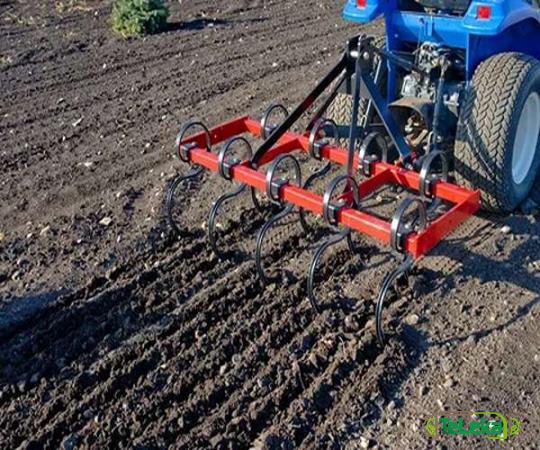
.
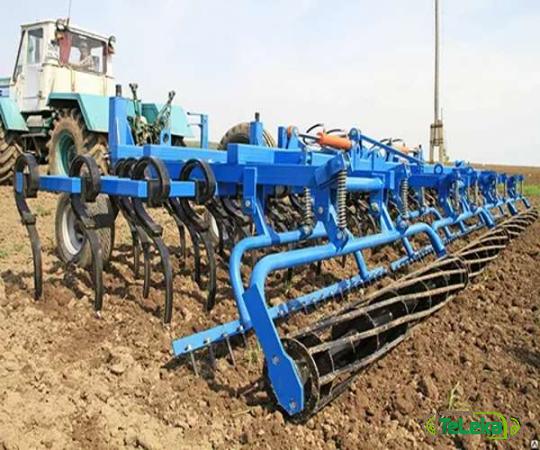 This ultimately leads to higher yields and improved overall soil fertility. 2. Weed Control: Weeds are a persistent threat to crop productivity, often competing with cultivated plants for nutrients, water, and sunlight. Cultivator farm equipment offers effective weed control through various means, such as adjustable tines, rotary hoe blades, and precision cultivation techniques. By mechanically uprooting or burying weeds, cultivators significantly reduce the need for costly herbicides and minimize the disruption of soil ecosystems. 3. Reduced Labor Requirements: In the past, farmers had to spend hours manually cultivating their fields. However, advancements in cultivator farm equipment have considerably reduced labor requirements. Modern cultivators are designed with increased efficiency, providing farmers with faster and more accurate soil preparation.
This ultimately leads to higher yields and improved overall soil fertility. 2. Weed Control: Weeds are a persistent threat to crop productivity, often competing with cultivated plants for nutrients, water, and sunlight. Cultivator farm equipment offers effective weed control through various means, such as adjustable tines, rotary hoe blades, and precision cultivation techniques. By mechanically uprooting or burying weeds, cultivators significantly reduce the need for costly herbicides and minimize the disruption of soil ecosystems. 3. Reduced Labor Requirements: In the past, farmers had to spend hours manually cultivating their fields. However, advancements in cultivator farm equipment have considerably reduced labor requirements. Modern cultivators are designed with increased efficiency, providing farmers with faster and more accurate soil preparation.
..
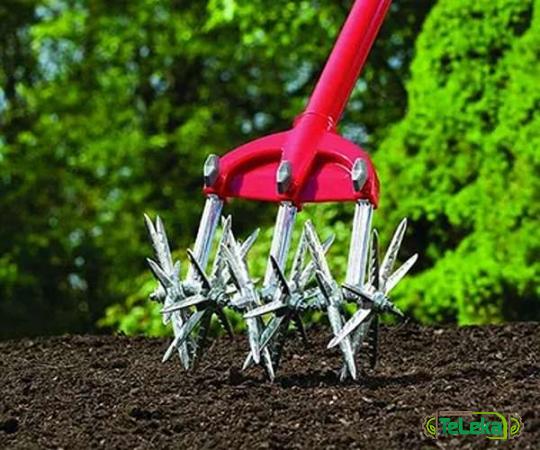 This allows farmworkers to focus on other important tasks, saving time and resources while increasing overall operational efficiency. 4. Customization and Adaptability: Cultivators come in a variety of designs and sizes, allowing farmers to choose the most appropriate equipment based on their specific needs and crop types. From small-scale handheld models to large tractor-mounted cultivators, a wide range of options is available to suit different field sizes, topography, and crop varieties. This level of customization empowers farmers to adopt precision agriculture techniques, ensuring optimal crop growth and minimizing environmental impact. 5. Integration with Smart Farming: As technology continues to advance, cultivator farm equipment has seamlessly integrated with modern precision agriculture methods.
This allows farmworkers to focus on other important tasks, saving time and resources while increasing overall operational efficiency. 4. Customization and Adaptability: Cultivators come in a variety of designs and sizes, allowing farmers to choose the most appropriate equipment based on their specific needs and crop types. From small-scale handheld models to large tractor-mounted cultivators, a wide range of options is available to suit different field sizes, topography, and crop varieties. This level of customization empowers farmers to adopt precision agriculture techniques, ensuring optimal crop growth and minimizing environmental impact. 5. Integration with Smart Farming: As technology continues to advance, cultivator farm equipment has seamlessly integrated with modern precision agriculture methods.
…
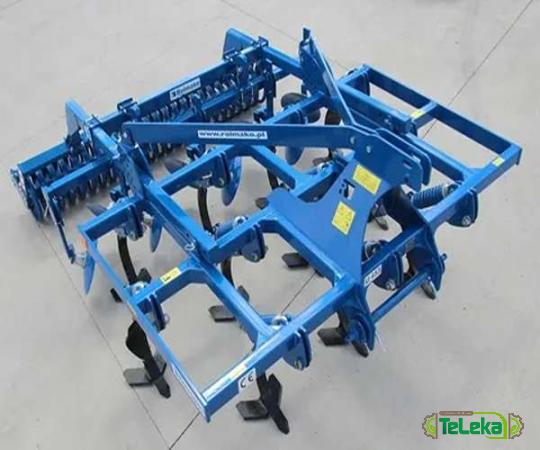 Through the incorporation of GPS technology, sensors, and data analysis tools, cultivators can precisely map and target specific areas for cultivation. This enables farmers to optimize their use of resources, minimize soil compaction, and improve overall yield potential. By adopting these smart farming practices, cultivator farm equipment is helping farmers embrace sustainable and efficient agricultural practices. Conclusion: Cultivator farm equipment has become an indispensable tool in modern agriculture, addressing the need for improved soil health, weed control, reduced labor requirements, and customized field preparations. By harnessing the benefits of cultivators, farmers can optimize crop production, minimize environmental impact, and increase overall profitability. As the agricultural industry continues to evolve, cultivator farm equipment will undoubtedly play a crucial role in shaping the future of farming practices.
Through the incorporation of GPS technology, sensors, and data analysis tools, cultivators can precisely map and target specific areas for cultivation. This enables farmers to optimize their use of resources, minimize soil compaction, and improve overall yield potential. By adopting these smart farming practices, cultivator farm equipment is helping farmers embrace sustainable and efficient agricultural practices. Conclusion: Cultivator farm equipment has become an indispensable tool in modern agriculture, addressing the need for improved soil health, weed control, reduced labor requirements, and customized field preparations. By harnessing the benefits of cultivators, farmers can optimize crop production, minimize environmental impact, and increase overall profitability. As the agricultural industry continues to evolve, cultivator farm equipment will undoubtedly play a crucial role in shaping the future of farming practices.
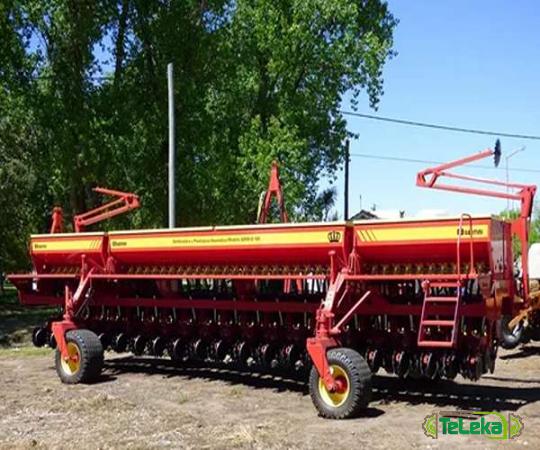
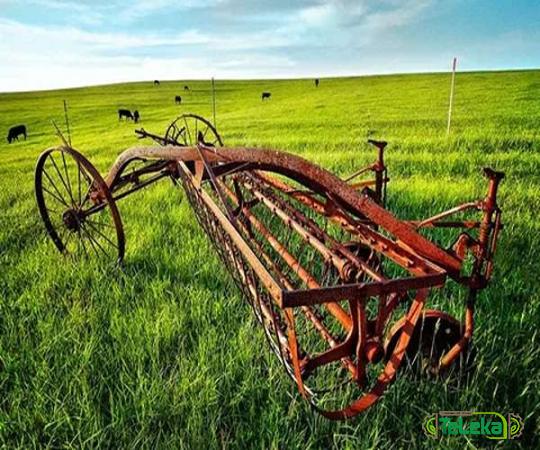
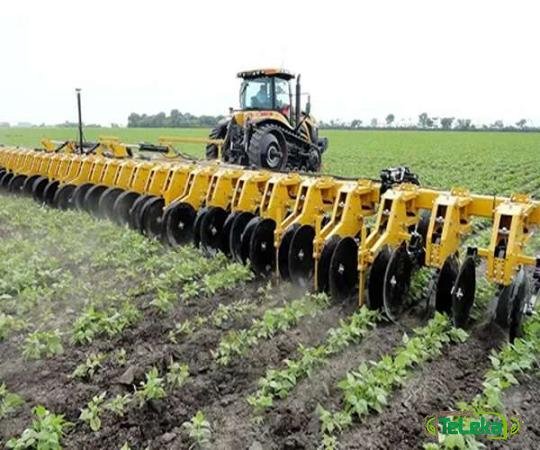
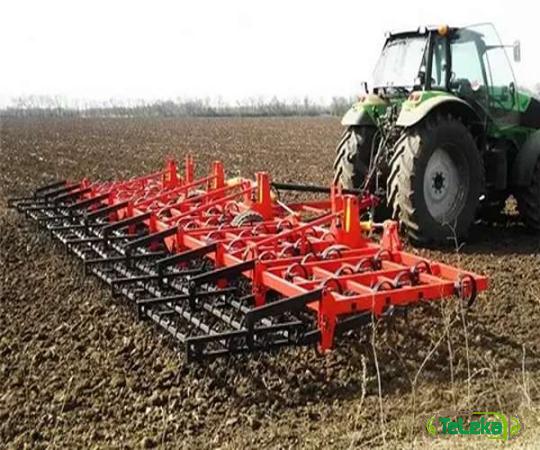
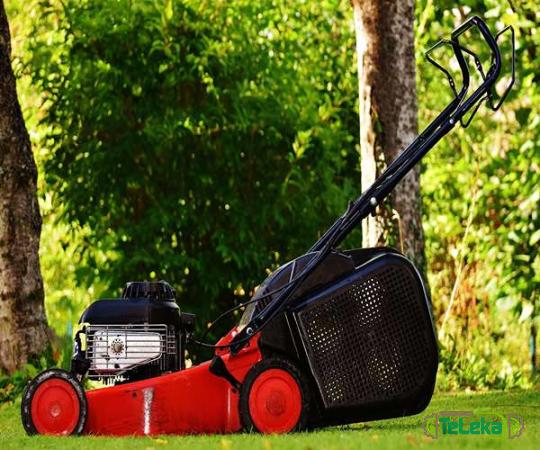
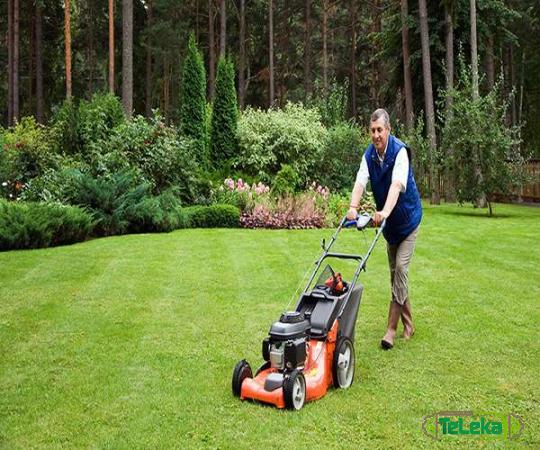


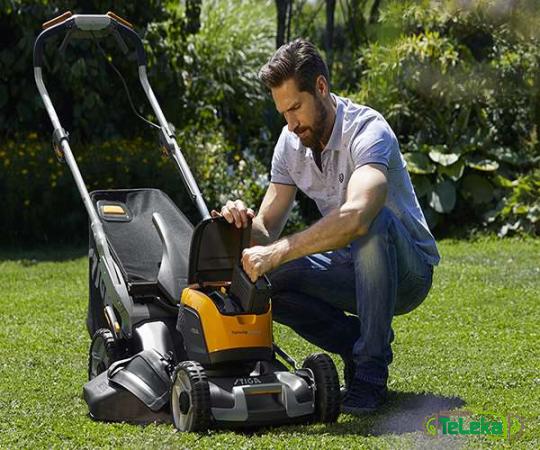

Your comment submitted.